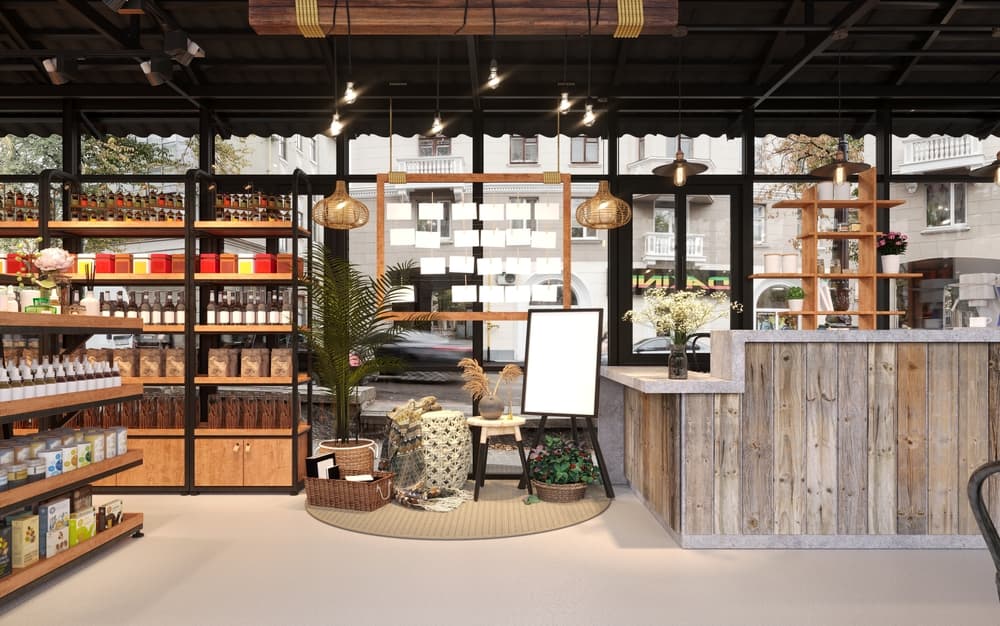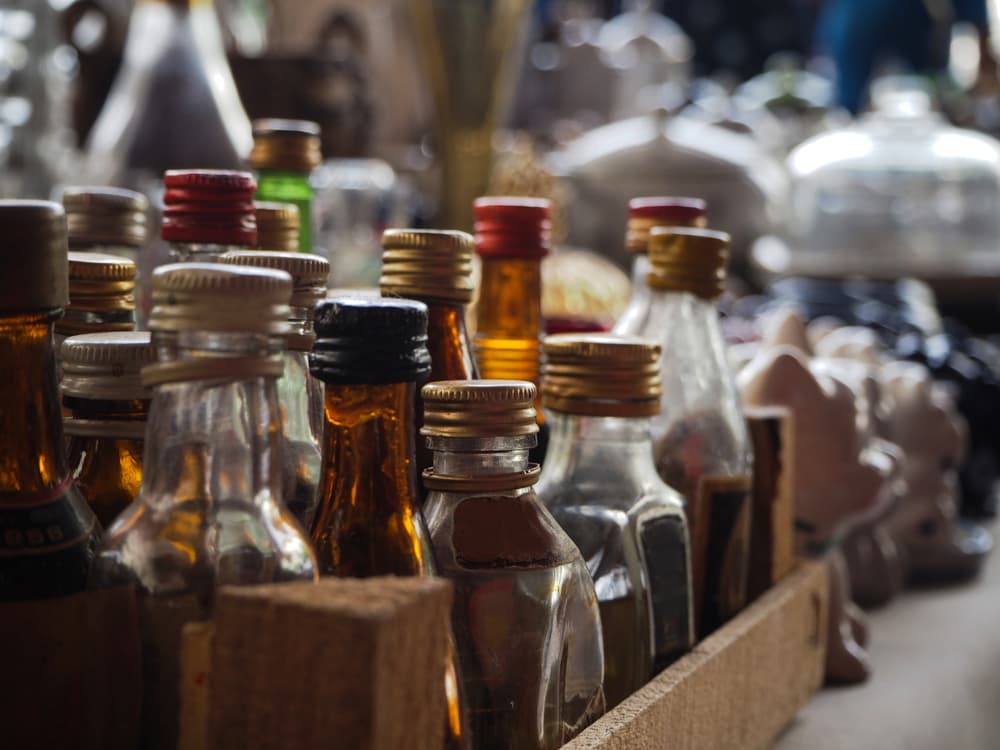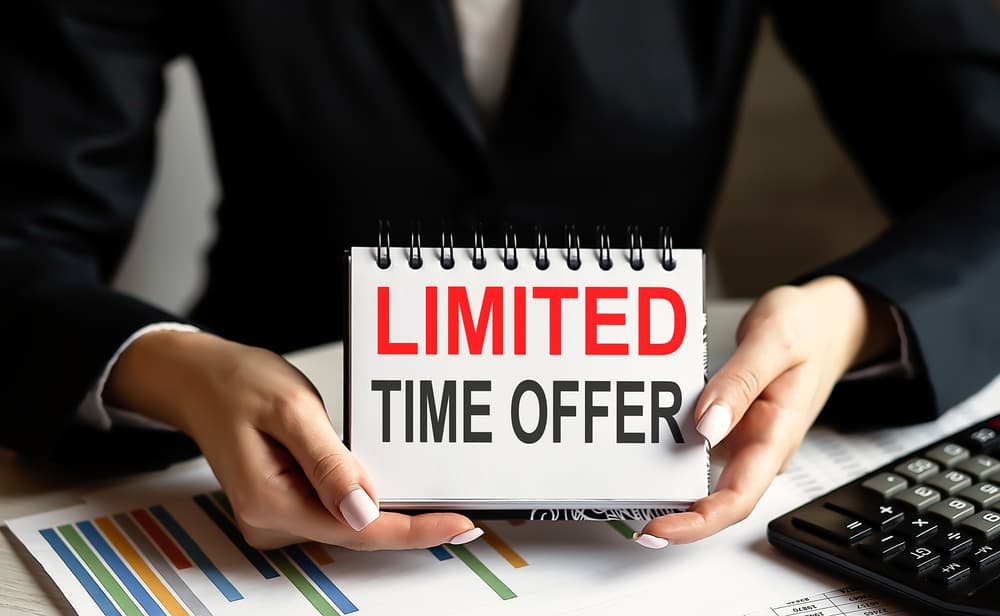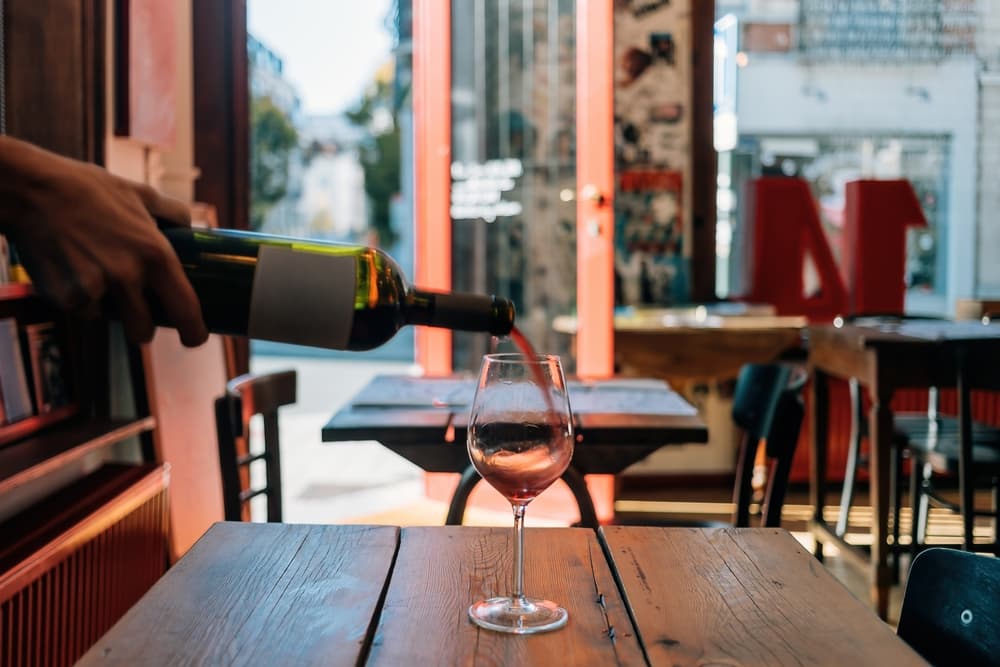
Liability for drunk driving accidents might seem straightforward, as the impaired driver should be responsible for covering the losses of victims. However, these claims can be more complicated than they seem, as other legal issues might arise.
One possible aspect of drunk driving accident cases that many people may not be familiar with is dram shop liability. You should never overlook this issue, as it might increase the available insurance coverage for your losses.
If you or a loved one has been involved in an accident caused by a drunk individual, it's important to understand how dram shop liability works in Minnesota and how it may affect your case. Discuss your case with a Minnetonka, MN car accident lawyer today.
Understanding Dram Shop Liability
Dram shop liability refers to the legal responsibility of establishments, such as bars, restaurants, or liquor stores, for serving alcoholic beverages to individuals who then go on to cause harm to others. In Minnesota, the state statutes provide specific guidelines for dram shop liability cases.
Under Minnesota law, establishments that serve alcohol can be held liable for injuries caused by an intoxicated person if certain conditions are met. These conditions include:
- Serving alcohol to a visibly intoxicated person: If a person is visibly intoxicated and the establishment continues to serve them alcohol, the establishment may be held liable for any injuries caused by the intoxicated person.
- Serving alcohol to a minor: If an establishment serves alcohol to a minor who goes on to cause harm to others, the establishment may be held liable. Minnesota law strictly prohibits the sale of alcohol to anyone under the age of 21.
It's important to note that Minnesota is a no-fault state when it comes to motor vehicle accidents. This means that victims of drunk driving accidents can seek compensation from their own insurance company through their personal injury protection (PIP) coverage.
However, if the victim's damages exceed the PIP coverage, they may have the right to pursue a dram shop claim against the establishment that served the alcohol.
The History of Dram Shop Liability Laws

To understand Dram Shop liability, we need to explore its historical roots. The term "dram shop" dates back to the 18th century in England, where establishments served alcohol by the "dram," a small unit of measurement. The concept of holding alcohol-serving establishments accountable for the actions of intoxicated patrons gained traction over the years and eventually made its way to the United States. Since then, countless injured victims and their families have been able to receive compensation under these laws.
As of October 2023, 42 states and the District of Columbia had dram shop laws in effect. The laws vary by state but generally evaluate whether a retailer knew or should have known that a patron was too intoxicated to safely consume more alcohol.
The Role of the Dram Shop Act in Minnesota
Minnesota's Dram Shop Act emphasizes the responsibility of establishments in serving alcohol. The act aims to discourage overconsumption and prevent accidents caused by intoxicated individuals. The law seeks to promote public safety and reduce alcohol-related incidents by holding establishments accountable for their actions.
Proving Dram Shop Liability
To establish dram shop liability in Minnesota, the following elements must be proven:
- The establishment served alcohol to the intoxicated person or minor.
- The intoxicated person or minor subsequently caused the injury.
- The injury was a direct result of the intoxicated person or minor's actions.
- The establishment's service of alcohol was a significant factor in causing the injury.
Proving these elements requires collecting evidence such as witness testimonies, surveillance footage, and expert opinions. An experienced car accident attorney can help gather and present this evidence.
Social Host Liability
In addition to holding establishments accountable, Minnesota also recognizes social host liability. This means that individuals who serve alcohol at private events or gatherings can be held liable if they serve alcohol to a minor who subsequently causes harm.
Social host liability is an important aspect of dram shop laws, as it ensures that individuals who provide alcohol in social settings also act responsibly and prevent the occurrence of alcohol-related accidents or injuries.
Minnesota's Social Host Liability isn't explicitly codified in a single statute, however previous court decisions and legal precedents have established the legal principles. To hold a social host liable, the following elements must generally be proven:
- The adult host provided alcohol to a minor guest
- The host knew or should have known that the guest was a minor at the time they provided the alcohol
- The intoxicated minor's actions were a direct cause of the injuries or damages suffered by the injured party
Time Limits for Filing a Dram Shop Liability Claim

Injured parties should take prompt action when pursuing a dram shop liability claim in Minnesota. The state has a statute of limitations that sets a time limit for filing such claims. Generally, the statute of limitations for dram shop cases in Minnesota is two years from the date of the accident or injury. Failing to file a claim within this time frame may result in losing the right to seek compensation.
Given the importance of timely action, victims and their families should consult an experienced attorney as soon as possible to ensure their rights are protected and they have the best chance of a successful claim.
Damages in a Minnesota Liquor Liability Case
If you have suffered an injury as a result of someone's intoxication, you may be entitled to various types of damages in a liquor liability case. Damages can include compensation for medical expenses, lost income, pain and suffering, and other losses or expenses incurred due to the injury. It's important to note that in Minnesota, there is no cap on damages in liquor liability cases, which means that you may potentially recover full compensation for your injuries.
To successfully pursue a liquor liability case in Minnesota, you must establish several key elements. First, you must prove that the establishment served alcohol to a visibly intoxicated person or to someone who was under the legal drinking age of 21. Second, you must demonstrate that the establishment's actions in serving alcohol to the individual were the direct cause of your injuries. Finally, you need to show that you suffered actual damages due to the incident.
Your Rights in a Dram Shop Liability Case
If you or a loved one has suffered an injury due to someone else's intoxication, it's important to understand your rights in a dram shop liability case. In Minnesota, you can hold the establishment accountable for their actions and seek financial compensation for your injuries. By pursuing a dram shop liability case, you can potentially recover damages to cover your medical expenses, lost income, and pain and suffering.
You are not required to bear the financial burden of someone else's negligence. The establishment that served alcohol to the intoxicated individual has a legal responsibility to ensure the safety of its patrons and the general public. By pursuing a dram shop liability case, you can exercise your rights and seek justice for the harm done to you.
What is a Notice of Claim?
If you decide to pursue a dram shop liability case in Minnesota, you will need to understand the process of filing a notice of claim. A notice of claim is a formal notification sent to the establishment that served alcohol to the intoxicated individual, informing them of your intent to pursue a legal claim. In Minnesota, you are required to file a notice of claim within 180 days from the date of the incident. Failure to do so may result in the dismissal of your case.
When filing a notice of claim, it's important to include specific details about the incident, such as the date and time, the establishment's name and location, and a detailed description of the events that led to your injuries. Additionally, you may need to provide supporting evidence such as medical records, witness statements, and any other relevant documentation.
Why Dram Shop Liability Laws Exist
Dram shop liability laws exist to encourage establishments that serve alcohol to do so responsibly, and to prevent the harm caused by intoxicated individuals. These laws help to hold bars, restaurants, and other establishments accountable for their actions and ensure that they prioritize the safety of their patrons and the general public.
Alcohol has the potential to impair judgment and coordination, leading to reckless behavior and increased risk of accidents and injuries. By imposing liability on establishments that serve alcohol irresponsibly, dram shop liability laws act as a deterrent, encouraging these establishments to prioritize the well-being of their customers and the community.
What to Do if You Have a Dram Shop Liability Case

If you have suffered an injury as a result of someone else's intoxication and believe you have a dram shop liability case, it's in your best interests to take specific steps to protect your rights and strengthen your legal claim.
- Seek medical attention: Your health and well-being should be your top priority. Seek immediate medical attention for your injuries, and follow all recommended treatment plans.
- Document the incident: Collect as much evidence as possible to support your claim. Take photos of your injuries and vehicle. Keep records of any physical evidence related to the incident. Save medical bills, documents, and receipts. Give all of this evidence to your Minnesota car accident attorney.
- Consult a car accident lawyer: It's crucial to seek legal guidance from an experienced Minnesota car accident attorney who has experience with dram shop liability cases. They can evaluate your case, navigate the legal process, and advocate for your rights.
- File a notice of claim: As mentioned earlier, it's important to file a notice of claim within 180 days from the date of the incident. Work with your lawyer to ensure all necessary information is included in the notice.
- Gather supporting evidence: Work closely with your lawyer to gather additional supporting evidence for your case, such as medical records, witness statements, and any other relevant documentation. This evidence will be vital in establishing liability and proving the extent of your damages.
- Negotiate a settlement or pursue litigation: Your lawyer will work with you to negotiate a fair settlement with the establishment or their insurance company. If a settlement cannot be reached, they will pursue litigation and presenting your case in court.
Remember, time is of the essence in dram shop liability cases. It's important to act quickly and consult a car accident lawyer as soon as possible to protect your rights and the strength of your claim.
Why You Need a Car Accident Lawyer
If you or a loved one has suffered an injury in an accident caused by a drunk person, hiring a car accident attorney is imperative to your claim's success. Here are a few reasons why:
- Legal experience: Car accident lawyers have vast experience handling cases with a variety of personal injury issues like yours. They have a deep understanding of the law and know how to manage complex legal processes to protect your rights and maximize your compensation.
- Investigation: A skilled attorney will conduct a thorough investigation to gather all the necessary evidence to prove Dram Shop liability. This may include obtaining surveillance footage, interviewing witnesses, and consulting with experts.
- Negotiation and settlement: Insurance companies often try to settle personal injury claims for the lowest amount possible. Your lawyer will negotiate with the insurance company to seek fair compensation for your injuries, medical expenses, pain and suffering, and other damages.
- Court representation: If a fair settlement cannot be reached, your attorney will be prepared to take your case to court to fight for your rights and seek the compensation you deserve.
Contact a Car Accident Attorney for Free Consultation Today
If you or a loved one has suffered an injury in an accident caused by a drunk person, seek legal representation as soon as possible. You need a Minnesota personal injury lawyer who understands the complexities of dram shop liability cases in Minnesota. Reach out today for a free consultation and to get your claim started. Don't wait; take the first step towards justice and the compensation you deserve.

